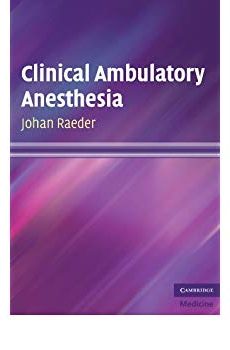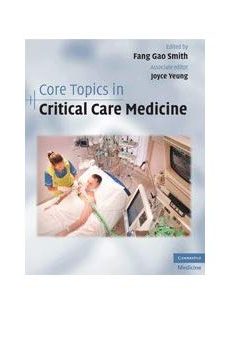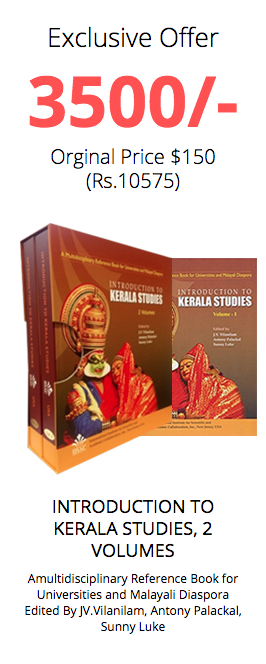
Beyond Pain
4,200.00₹ 1,290.00₹
This book explains the mechanisms that cause pain, the impact pain has on patients and their families, and the different approaches that can be used to help people with ongoing pain. The contributors are all leading nurse specialists in the field, and topics covered include the effects of nutrition on pain, massage, acupuncture and other complementary therapies, pain in older people and future developments. Learning points are included throughout the book.

Clinical Ambulatory Anesthesia
5,395.00₹ 2,195.00₹
Ambulatory care can be a challenging setting in which to provide anesthesia – not all patients are suitable for rapid discharge post-operatively and opinions differ as to which types of surgery should be performed as day cases. This comprehensive guide delivers up-to-date, evidence-based advice on how to provide optimal anesthesia care for ambulatory surgery. Written by a leading clinical anesthesiologist, it provides clear guidance about how to handle particular patients in particular situations. The evidence and scientific knowledge for each issue are presented with reference to major studies and review papers, followed by practical advice based on the author’s continuous clinical and scientific experience over 30 years. Topics include planning, equipping and staffing ambulatory units, pharmacology, basic concepts of ambulatory care, pre- and post-operative issues and current controversies. Clinical Ambulatory Anesthesia is essential reading for the clinical, postgraduate anesthesiologist as well as nurse anesthetists involved with ambulatory care.
- Provides up-to-date guidance to enable best practice and promote optimal care
- Specialised advice will allow clinicians to work confidently in situations unique to ambulatory anesthesia
- Provides specific recommendations on how to proceed in controversial and difficult areas

Core Topics in Critical Care Medicine
8,999.00₹ 2,690.00₹
The critical care unit manages patients with a vast range of disease and injuries affecting every organ system. The unit can initially be a daunting environment, with complex monitoring equipment producing large volumes of clinical data. Core Topics in Critical Care Medicine is a practical, comprehensive, introductory-level text for any clinician in their first few months in the critical care unit. It guides clinicians in both the initial assessment and the clinical management of all CCU patients, demystifying the critical care unit and providing key knowledge in a concise and accessible manner. The full spectrum of disorders likely to be encountered in critical care are discussed, with additional chapters on transfer and admission, imaging in the CCU, structure and organisation of the unit, and ethical and legal issues. Written by Critical Care experts, Core Topics in Critical Care Medicine provides comprehensive, concise and easily accessible information for all trainees.
- Wide-ranging content encompasses the full spectrum of disorders encountered on the unit
- Written by expert trainers who know how to present the complex critical care environment in an accessible style
- Final chapter gives examples of mock MCQs and vivas in critical care to assist trainees preparing for examinations in Critical Care

Essentials of Anaesthetic Equipment
2,170.00₹ 1,395.00₹
Prepared by authors based in the UK, this highly practical, illustrated guide continues to provide an up-to-date, practical introduction to anaesthetic equipment and its use in clinical practice. An invaluable resource for all those who work with anaesthetic equipment, including anaesthetists studying for the FRCA examinations, nurses and operating department practitioners, this new edition has been completely updated to reflect current equipment and training requirements. Lavishly illustrated throughout with colour photos and clearly-drawn line illustrations plus fully revised self-assessment sections, Essentials of Anaesthetic Equipment, fourth edition, retains the superbly organized and easy-to-read format that has made previous editions such a success.





